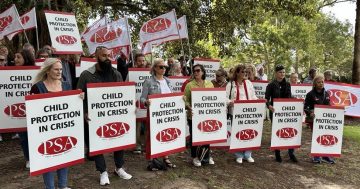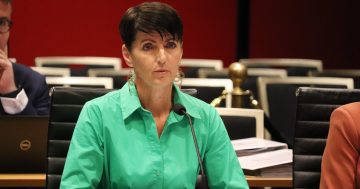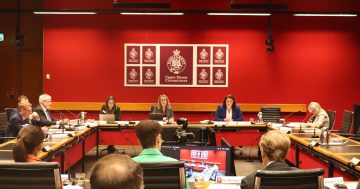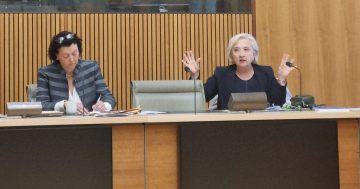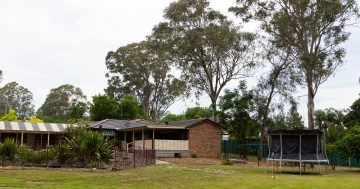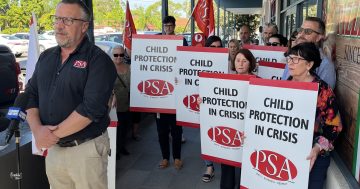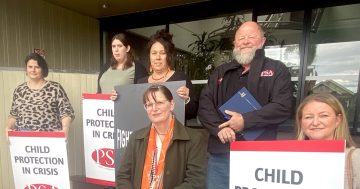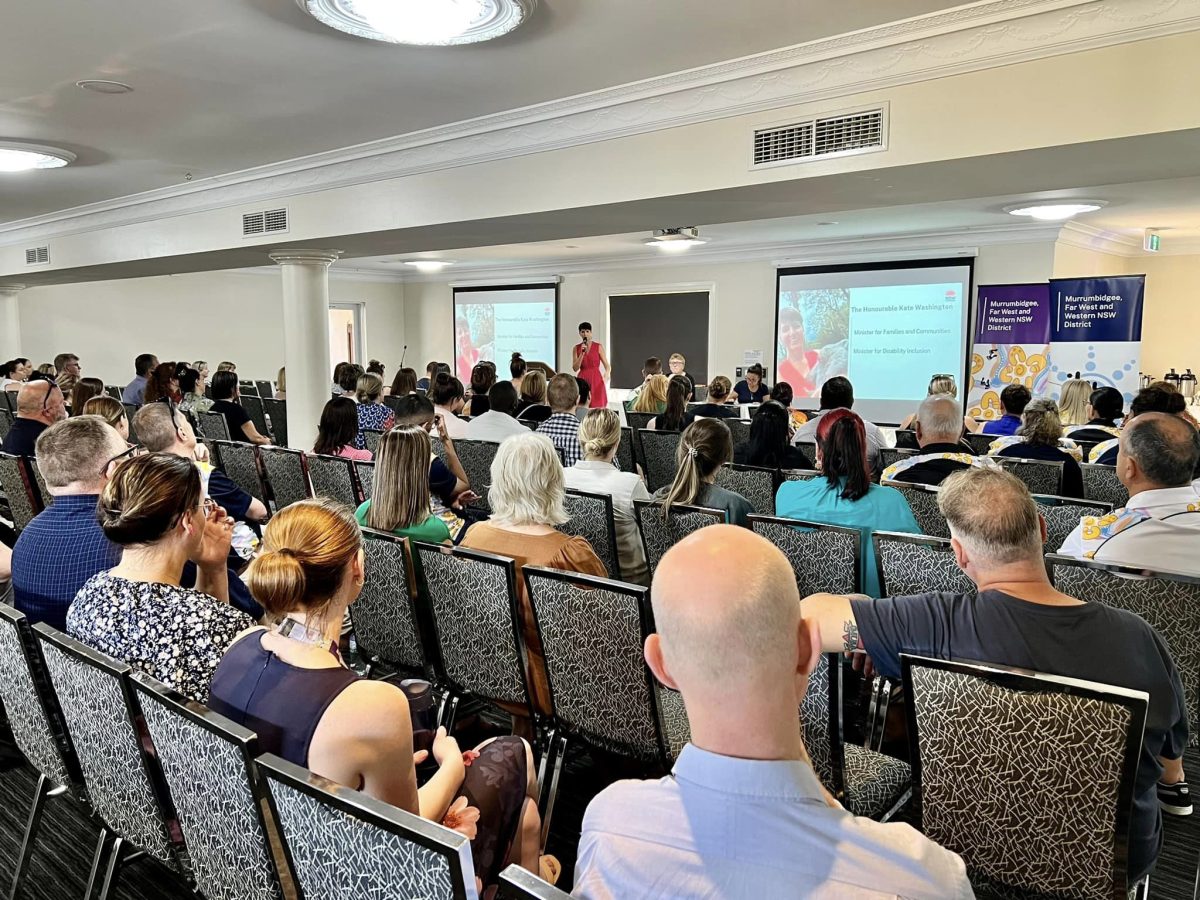
In December 2023, NSW Child Protection Minister Kate Washington sought input from industry staff at six forums across the state. Photo: Facebook/Kate Washington MP.
Last year the NSW child protection system lost more caseworkers than it employed as the vacancy rate increased by 250 per cent, with Aboriginal staff leaving at an even higher rate. In response to the government’s figures, the Public Service Association (PSA) has called on Minister Kate Washington to bring the “broken system” back under public control.
The union said the latest statistics showed a quarter of the children who died in NSW last year were known to authorities. And that low staffing numbers were reported to be among the reasons for some deaths of children known within the system.
PSA general secretary Stewart Little said his organisation was in constant talks with the Child Protection Minister to clean up the situation, but “the solution can’t be a bit more money”.
“Minister Washington, to her credit, has acknowledged that costly and inefficient privatised child protection services in NSW might have to be placed back into public hands,” he said.
“Private providers pick and choose which kids they take on, and often refuse to accept responsibility for the most troubled children.
“Hundreds of kids are being left to live in scrappy motels for months, barely supervised by untrained staff. The privatised foster system has been left to wither and die.
“The terrible inefficiencies are costing NSW taxpayers more than we ever paid for the public system. In at least one case, an ‘Alternative Care Arrangement’ cost NSW around $3 million to provide support to one child in need.”
Since the 1992 Usher Report, NSW’s public and private child protection systems have been the subject of multiple reviews and inquiries. But according to the PSA’s 2020 inquiry submission, the increase in at-risk youth has outstripped resources dedicated to combating child abuse and neglect.
Between 2020 and 2023, the government said the number of children in emergency arrangements, hotels and motels had tripled. There was also an increase in the average length of stay for all placement types.
During Foster and Kinship Care Week, the State Government asked the community to consider fostering one of the 15,000 children in the protection system, which requires 600 new foster carers every year.
According to Labor, after its election it discovered a $280m budget shortfall within the out-of-home care (OOHC) system. Labor said it would run out by April 2024, hence the decision to provide a $200m rescue package so it could be sustained until the next budget.
In November, PSA assistant general secretary Troy Wright said the system had cost NSW taxpayers more than half a billion dollars in the previous two years. And despite workers consistently having brought these issues to the previous Coalition government, nothing had been done, he said.
“Our members have borne the brunt of the previous government’s heartless regime in child protection, we can see that with the unprecedented burnout, and turnover rates in the sector.”
Sector engagement manager for peak NSW body Fams, Lauren Stracey, said in an opinion piece that while the government’s $200m rescue package was a great start, “it focuses on the wrong end of the spectrum”.
“We need to be doing more to stop children finding themselves in crisis situations in the first place, yet as it currently stands the NSW Government is investing a mere 10 per cent of total child protection funding into early intervention and prevention,” Ms Stracey said.
“Ten per cent to do everything we can to prevent a child being removed from their family, the absolute crisis end of the system, which we know creates ripples of heartache and trauma for generations, while the other 90 per cent goes towards the kids and families who are already in it.
“This is unsustainable by any financial, policy or moral definition.”
Mr Little said the recent surge in domestic violence would only increase demand on the child protection system.
“Protecting our most vulnerable kids is the responsibility of New South Wales, and we should have never outsourced that responsibility to private providers,” he said.
“It won’t be a simple administrative task to bring everything back into public hands, but it’s far from impossible.
“If we move now, we will improve futures, save the taxpayer money and save lives.”


